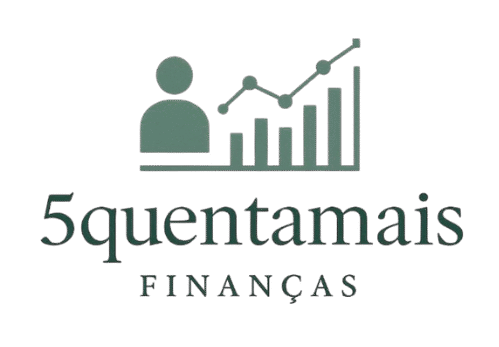What to Expect in 2025 as Artificial Intelligence Advances Worldwide
An introduction to the rapid global rise of Artificial Intelligence (AI) and its transformative impact across sectors.
A look into how AI is shaping the near future, with potential effects on finance, jobs, healthcare, and education.
1. Artificial Intelligence and Automation: Shifts in the Job Market
Explanation of AI’s impact on job roles and daily tasks, with predictions for 2025.
Professions that may be affected and new, growing roles like data analysts, AI specialists, and robotics engineers.
How the job market is adapting to train workers in new skills as automation increases.
2. The Role of AI in Healthcare
How AI is revolutionizing healthcare, from fast diagnostics to personalized treatments.
Advancements in predictive medicine and the use of algorithms to identify disease patterns.
Potential for AI to help detect pandemics and create fast solutions in health crises by 2025.
3. AI in Finance and Business
Growth of AI in finance, including investment analysis, fraud prevention, and risk management.
AI’s role in automating repetitive business tasks, boosting productivity.
How AI-driven chatbots and virtual assistants will become even more common in customer service by 2025.
4. AI and Cybersecurity
Rise in cyber threats and AI’s role in defending against attacks.
Use of AI in real-time monitoring to identify suspicious patterns and bolster security.
Predictions for increased AI-based security systems to protect personal and corporate data.
5. Innovation in Education: AI as a Learning Tool
Implementation of AI to personalize learning and offer content tailored to each student.
How AI may optimize distance learning and online courses by 2025.
Expectation for AI to create more inclusive educational programs, accommodating various learning needs.
6. AI and Sustainability: Environmental Benefits
How AI helps monitor the climate and predict natural disasters.
Sustainability initiatives using AI, including smart cities, optimized public transportation, and waste reduction.
AI’s potential to reduce carbon emissions and monitor natural resource usage.
7. Ethical and Regulatory Challenges
Discussion of ethical issues in AI, including privacy, algorithm bias, and responsible technology use.
The need for regulations to ensure safe and fair AI use.
Predictions for 2025: possible regulatory measures to monitor AI applications.
8. Financial Planning for Those Over 50: How to Adapt to an AI-Driven Job Market
Challenges: AI is transforming industries, and with it, traditional job roles are also changing. Many people worry about the impact on their careers and financial stability, especially those aged 50 and above who may feel particularly vulnerable as certain professions evolve or diminish.
Strategies for Resilience:
Upskill and Reskill: Embrace lifelong learning by exploring online courses or workshops on new technology skills, such as basic AI, data analysis, or digital marketing. Even a general understanding of these fields can open new opportunities.
Diversify Income: Consider multiple income streams, such as freelance work, consultancy, or even small online businesses that align with your skills. This flexibility can add financial stability.
Invest in AI-Aligned Opportunities: With AI’s growth, investments in AI-based businesses or technology funds can be advantageous. Consulting a financial advisor about these options can be beneficial for long-term security.
Retirement Planning Adjustments: Given AI’s impact, it may be wise to revise your retirement plan. Financial advisors can help assess the best ways to balance savings, social security, and other income sources as the economic landscape shifts.
Opportunities: Embracing technology can also create new chances. For example, those with experience in customer service, training, or consultancy may find demand for roles guiding businesses in adopting AI and training employees on new technology.
Summary of key points discussed and an optimistic outlook for AI’s future by 2025.
Encouragement for readers, especially those over 50, to stay proactive by learning and adapting to maximize their financial well-being in a rapidly changing world.




